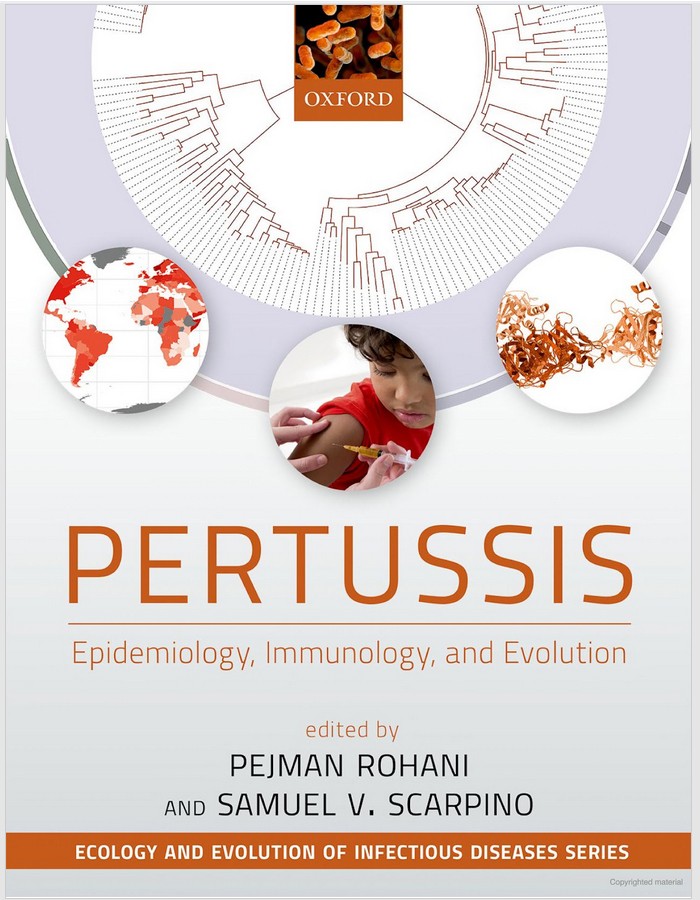Jan. 31, 2019
Athens, Ga. – Pertussis, a highly infectious respiratory disease also known as whooping cough, can cause serious illness and death. The introduction of a vaccine in the 1940s led to a significant drop in infections worldwide, but in recent years cases of pertussis have been on the rise—and public health officials aren’t sure why.
A new textbook, co-edited by the University of Georgia’s Pejman Rohani, UGA Athletic Association Professor of Ecology and Infectious Diseases, brings together current research from multiple disciplines to shed light on the resurgence of this deadly disease.
Pertussis: Epidemiology, Immunology, and Evolution covers topics ranging from the complex biology of the disease to its public health consequences. It includes chapters on pertussis epidemiology, the human immune response to pertussis and its vaccines, the evolution and ecology of the Bordetella pertussis bacterium, and disease surveillance and diagnostics.
The book grew out of a workshop organized by Rohani and colleagues to explore competing ideas for explaining contemporary pertussis ecology and evolution. They invited participants from a diverse array of fields, including microbiologists, evolutionary biologists, immunologists, epidemiologists, vaccinologists, public health policy decision makers, modelers and bioinformaticians.
“Our overall aim was to see if we can achieve a synthesis of what is currently known [about pertussis],” Rohani said. “By the end of the meeting we felt that it would be good for the community if this information was distilled in a volume. The last such book on pertussis was published in 1988, so another comprehensive volume was timely.”
Rohani said that the book is intended for anyone interested in pertussis, or more broadly for researchers wishing to understand how a vaccine-preventable infectious disease can re-emerge.
Pertussis is the first book in the new Ecology and Evolution of Infectious Diseases series from Oxford University Press in partnership with the UGA Center for the Ecology of Infectious Diseases. John Drake, Distinguished Research Professor of Ecology and director of the CEID is the series editor.
“The aim of the series is to provide timely monographs on a fast-moving area of increasing interest, i.e. ecology and evolution of infectious diseases,” said Drake. “Volumes may be topical (i.e. a particular concept, like population biology of infectious diseases) or focused on a specific pathogen or disease (like the pertussis book).”
Pertussis: Epidemiology, Immunology, and Evolution, is co-edited by Samuel Scarpino, assistant professor in the Network Science Institute at Northeastern University. It is available from Oxford University Press.

